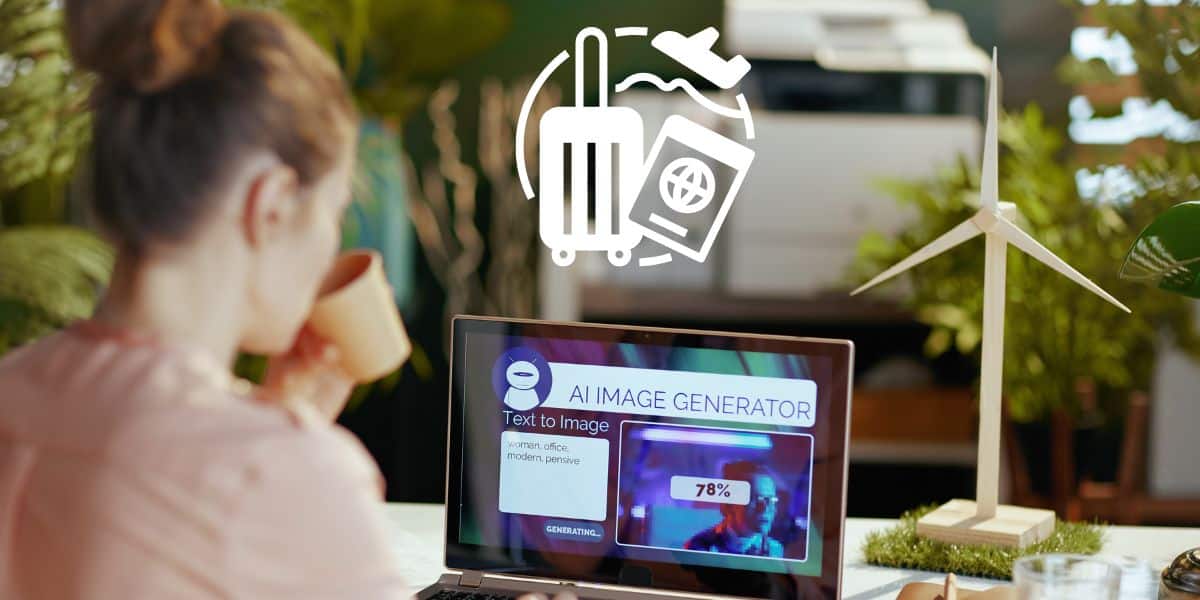As we approach 2025, the integration of artificial intelligence into various sectors is becoming increasingly prevalent. One of the most affected industries is hospitality, where the balance between technological efficiency and personal connection is fragile yet critical. This article delves into the innovative ways to effectively harness AI while ensuring that the cherished human touch remains at the forefront of guest experiences.
Understanding the Role of AI in Hospitality
To appreciate how to implement AI effectively, it’s essential to first understand its potential in hospitality. AI can revolutionize operations, enhancing everything from customer service to inventory management. Automated systems can efficiently handle bookings, manage customer inquiries, and streamline staff workflows, freeing up valuable time for employees to focus on personal interactions. This optimization not only reduces operational costs but allows for a quality of service that is enriched by human connection.
Emphasizing Human Interaction
Despite the advances brought about by AI, the personal touch remains indispensable in hospitality. Guests crave authentic connections, whether through engaging conversations or personalized experiences. The challenge lies in ensuring automation does not replace these interactions but instead complements them. For instance, while AI can manage routine inquiries, front-line staff should be trained to engage in meaningful dialogues, striving to understand guest preferences and build rapport.
Leveraging Data for Personalized Experiences
AI’s ability to analyze vast amounts of data can significantly augment the personalization of guest experiences. By utilizing predictive analytics, hospitality businesses can anticipate guest needs and preferences, allowing staff to provide tailored recommendations and enhance the overall stay. For instance, if a guest’s previous visits reveal a love for particular amenities, like spa services or gourmet dining, staff can proactively suggest these options, thereby creating a sense of familiarity and personal connection.
Creating a Technology-Enabled Environment
The integration of AI solutions in hospitality should promote a technology-enabled environment that supports rather than supersedes the human touch. For instance, chatbots can handle booking inquiries or provide information about local attractions. However, the ultimate aim should be to direct guests to human staff who can delve deeper into their interests, helping to create a memorable experience that machines simply cannot replicate.
Training Staff for an AI-Enhanced Future
To harness AI effectively while maintaining the personal touch, extensive training of hospitality staff is vital. Employees should possess the skills to interact with AI systems while also being equipped to engage with guests on a personal level. This duality ensures that while operational tasks are streamlined through technology, the essence of hospitality—empathy, warmth, and genuine interactions—remains paramount.
Engaging Guests with Tailored Communications
AI can facilitate tailored communications throughout a guest’s experience. Pre-arrival messages, personalized welcome notes, and post-stay surveys can all be automated, yet should maintain a tone that is friendly and inviting. By encouraging guests to share their preferences and experiences, properties can strengthen their bonds with patrons, using the feedback to fine-tune future offerings and ensure that guests feel valued and recognized.
Monitoring and Balancing Guest Satisfaction
In 2025, leveraging AI to monitor guest satisfaction will be crucial. AI systems can analyze feedback in real-time, allowing management to promptly address any concerns. However, it is vital that actions taken are not solely based on data; rather, they should also involve the insights of human staff who can interpret the nuances behind guest feedback. This blend of data-driven decision-making and human intuition offers a comprehensive approach to guest satisfaction.
Innovating Without Losing the Essence of Hospitality
Embracing AI in hospitality does not mean discarding the traditional values that define the industry. Instead, innovations should enhance the guest experience without losing sight of the essential human elements. Creative solutions, such as virtual concierge services led by trained professionals rather than AI alone, can provide guests with useful information while ensuring their needs are met through genuine interactions.
As we venture closer to 2025, it is clear that the hospitality industry must find a delicate balance between embracing AI technologies and preserving the personal touch that makes guest experiences truly unforgettable. By training staff, engaging guests meaningfully, and leveraging data, businesses can innovate while remaining grounded in empathy and connection. Stay tuned for more insightful articles on home decoration and share these insights with fellow travelers and hospitality enthusiasts looking to elevate their experiences.





